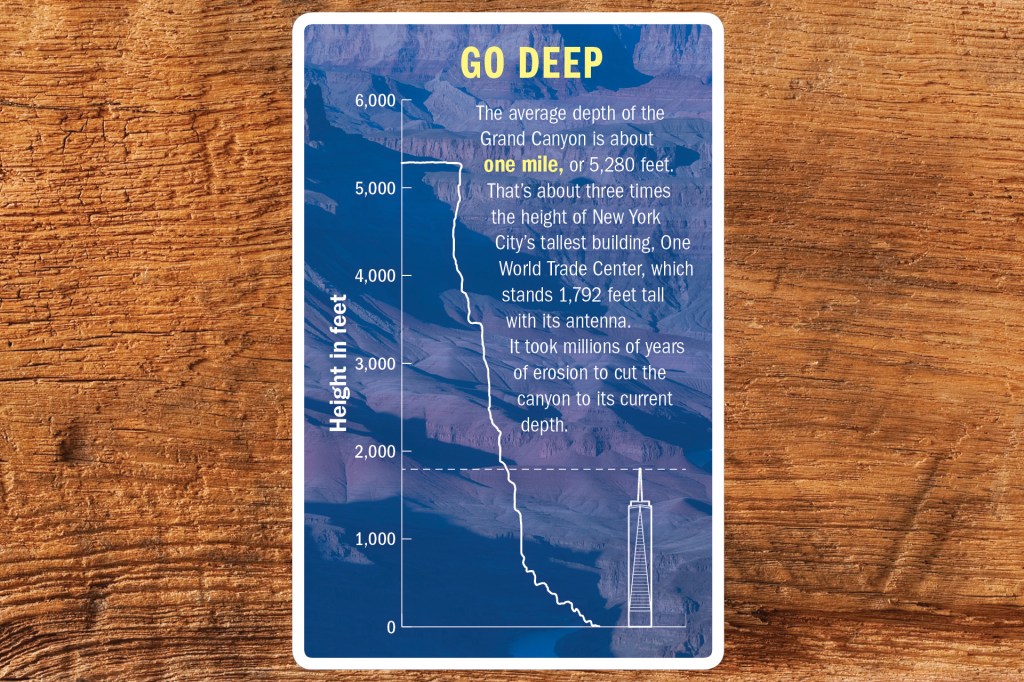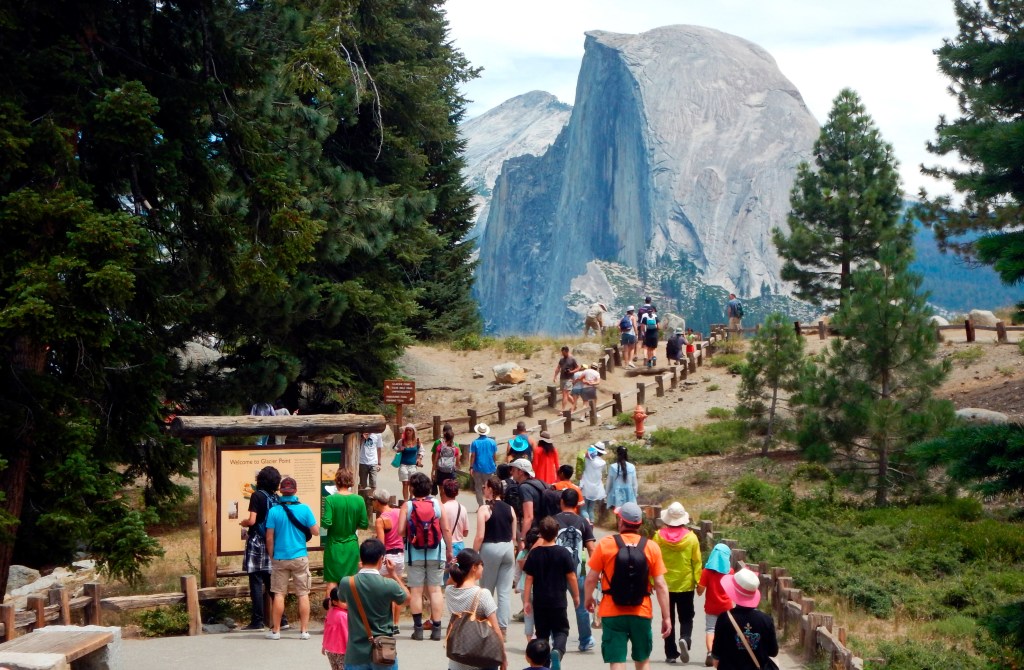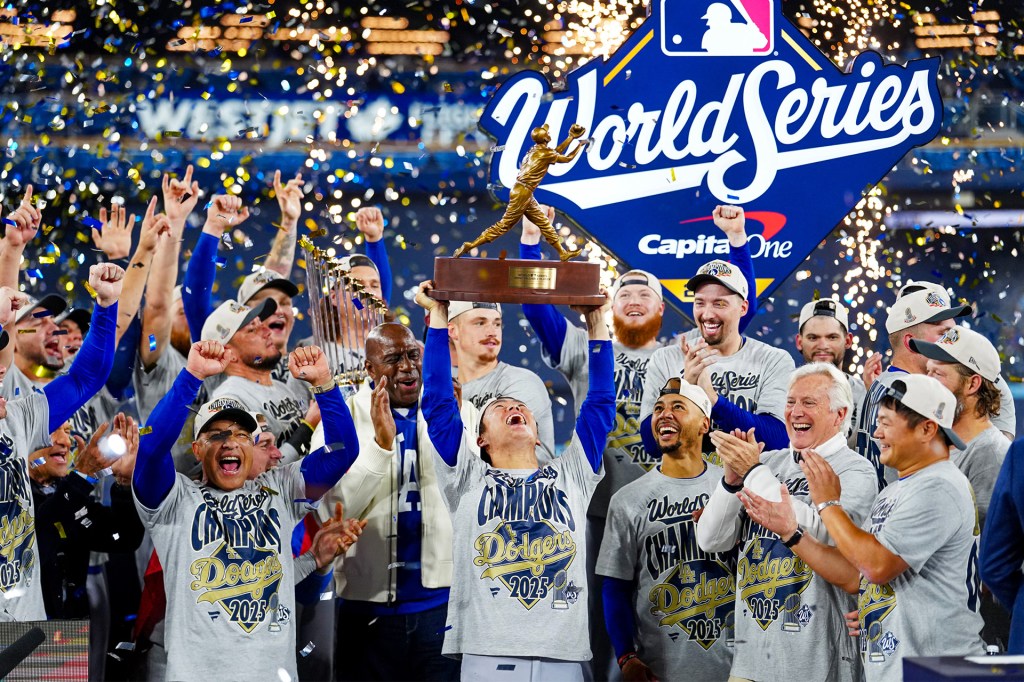National Treasure
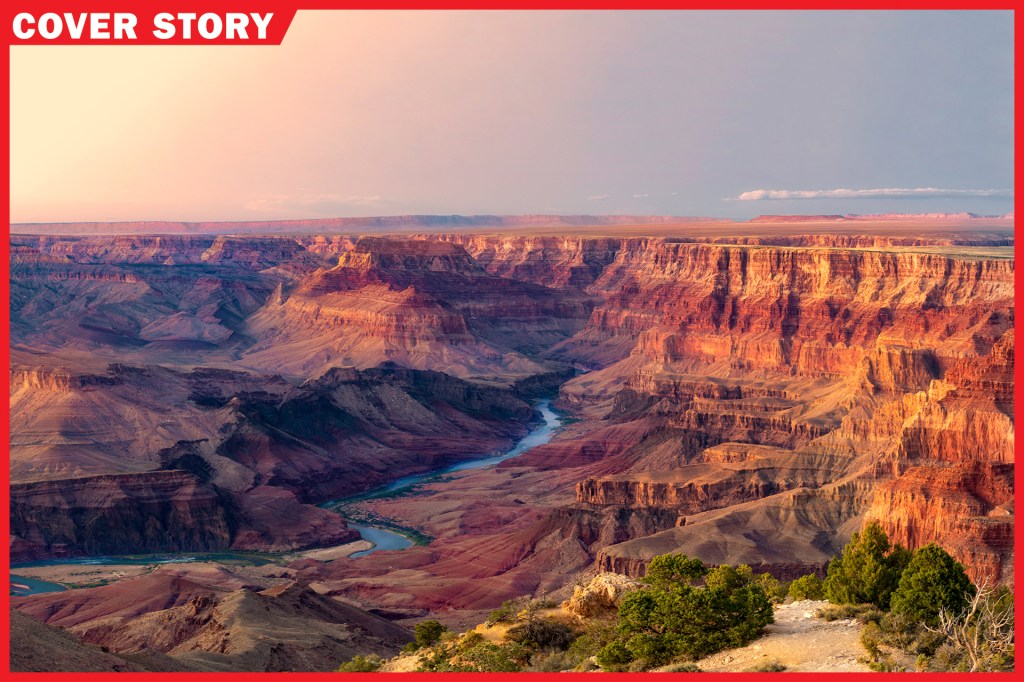
For Kari Cobb, hiking in the Grand Canyon is a journey through history. At the bottom, the Colorado River flows as it has for 6 million years. Cobb gazes up at the cliff face. She thinks of the indigenous, or native, people who lived in and around the canyon long before the arrival of non-native explorers.
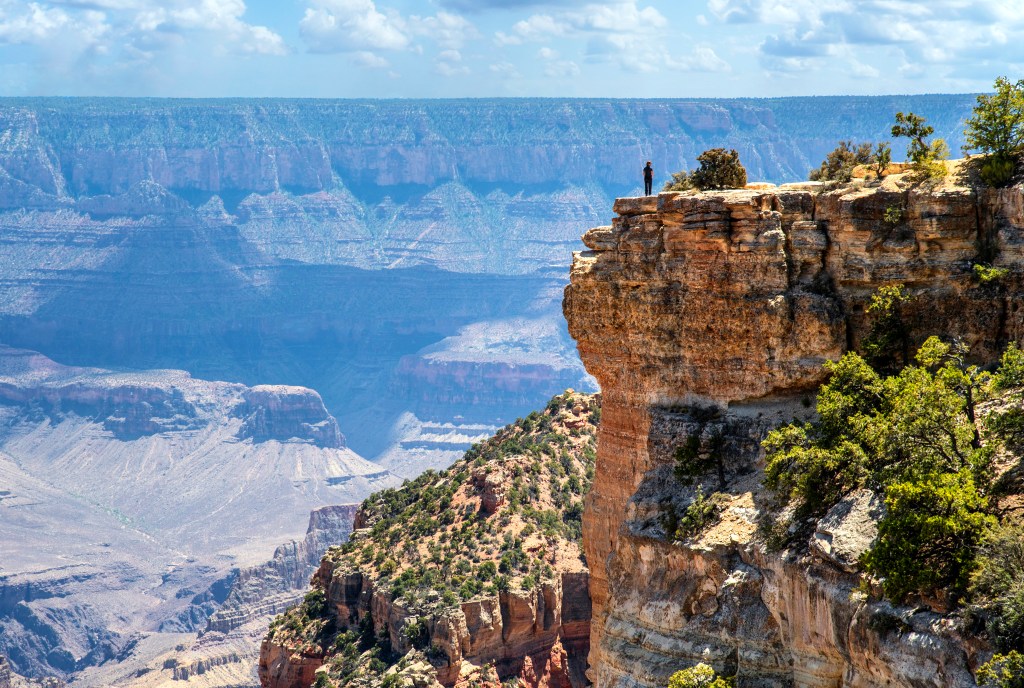
NATURAL WONDER A visitor surveys the Grand Canyon.
CAMPPHOTO/GETTY IMAGESThe Grand Canyon stretches across 277 miles of Northern Arizona. “It is massive,” says Cobb. She is a park ranger. “You cannot see all of it. That’s what makes this place so intriguing.”

This year, Grand Canyon National Park celebrates its 100th anniversary. Special events will take place at the park throughout 2019. Vanessa Ceja-Cervantes is the anniversary outreach
outreach
 JEWEL SAMAD/AFP/GETTY IMAGES
the process of bringing information or services to people
(noun)
Barack Obama's first job was doing community outreach in Chicago.
coordinator. “We hope visitors will connect with the park and learn to be stewards
steward
JEWEL SAMAD/AFP/GETTY IMAGES
the process of bringing information or services to people
(noun)
Barack Obama's first job was doing community outreach in Chicago.
coordinator. “We hope visitors will connect with the park and learn to be stewards
steward
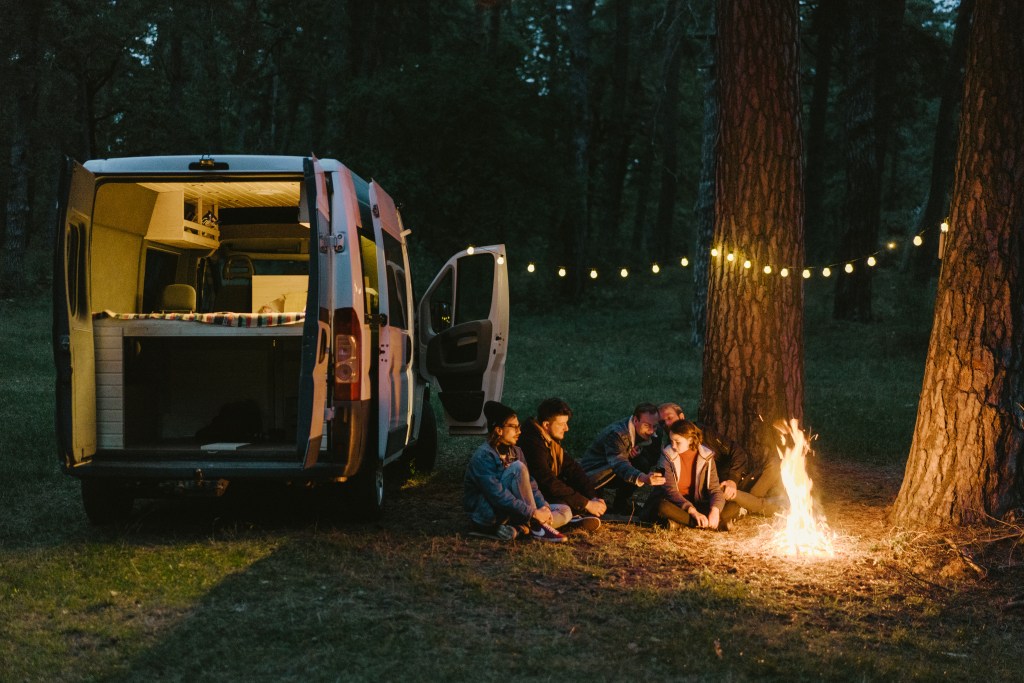 OLEH_SLOBODENIUK/GETTY IMAGES
someone who protects or manages land, property, or money
(noun)
By carefully putting out our campfire and making sure not to litter, we are good stewards of the forest.
of the land,” she says.
OLEH_SLOBODENIUK/GETTY IMAGES
someone who protects or manages land, property, or money
(noun)
By carefully putting out our campfire and making sure not to litter, we are good stewards of the forest.
of the land,” she says.
But the Grand Canyon’s popularity makes it hard to protect. In 2017, the park had more than 6 million visitors. Balancing tourism and conservation
conservation
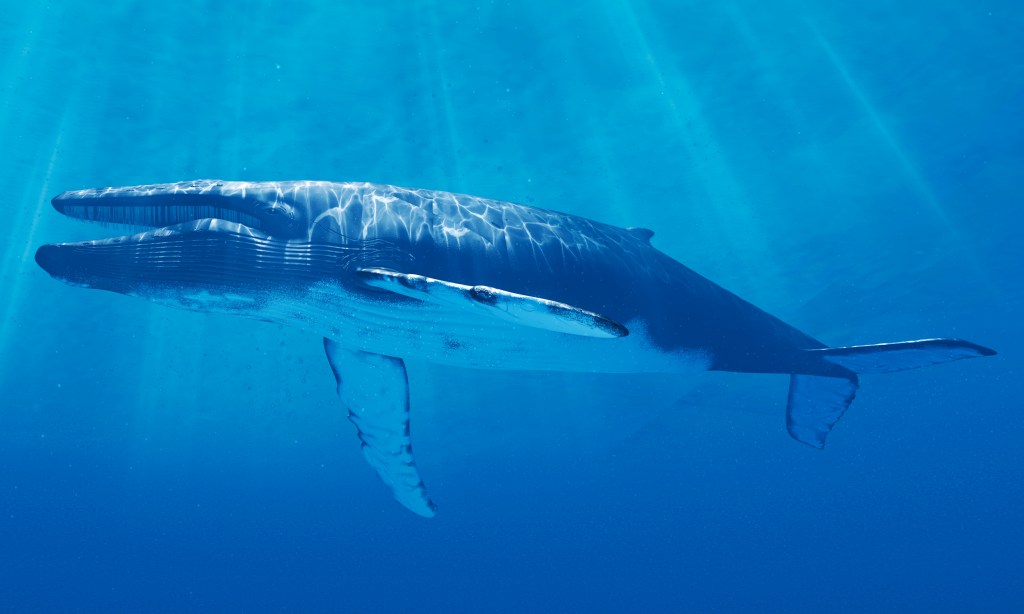 SCIEPRO/GETTY IMAGES
the careful protection of something
(noun)
Despite efforts at conservation, the blue whale remains an endangered species.
is a challenge.
SCIEPRO/GETTY IMAGES
the careful protection of something
(noun)
Despite efforts at conservation, the blue whale remains an endangered species.
is a challenge.
Money Matters
Tourism brings much-needed money to American Indians in the area. For example, the Hualapai tribe runs helicopter tours in the park. But the tribe’s main attraction is the Grand Canyon Skywalk. It is a glass-floored walkway that juts out over a cliff’s edge. It draws more than 1 million tourists each year.
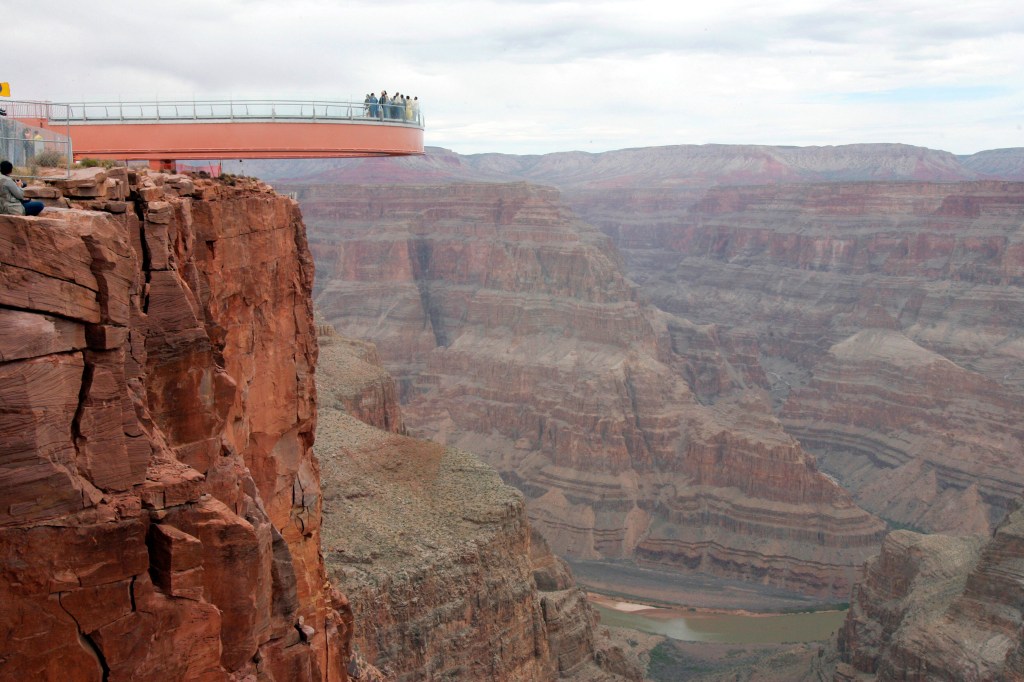
HIGHLIGHT Skywalk, at Grand Canyon West, attracts more than a million tourists each year.
ROBYN BECK—AFP/GETTY IMAGESCritics say Skywalk spoils the canyon’s beauty. Helicopter noise shatters its silence. In 2017, tribal chairman Damon Clarke defended the attractions on the Arizona Republic website. They help “fund services for our elders, children, and others in need of support,” he said. He added that any development was done “with respect for the canyon in mind.”
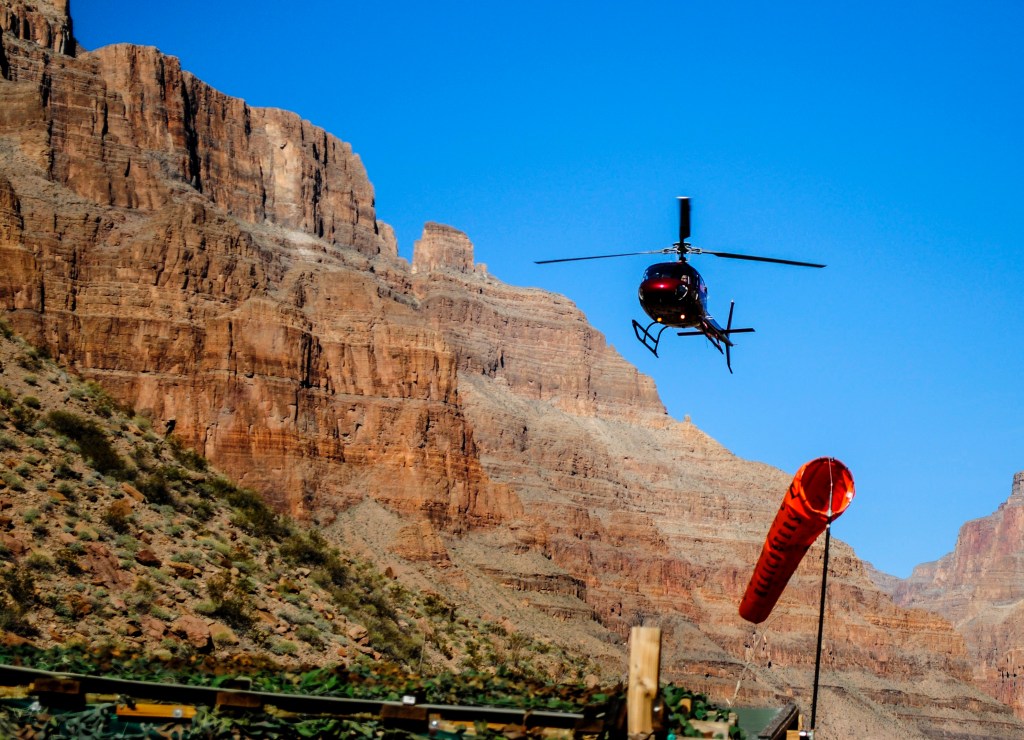
BIRD'S-EYE VIEW Hundreds of helicopters roar through the Grand Canyon every day.
PETER JAMES SAMPSON—GETTY IMAGESTough Choices
To the east of the national park lies the Navajo Nation. Developers wanted to build a tramway, hotels, and restaurants in the area. The issue divided the Navajo community. Some wanted the economic
economic
 EYEEM/ GETTY IMAGES
relating to the buying and selling of goods and services
(adjective)
The invention of the steam engine led to economic growth.
benefits. Others saw the plan as damaging to their culture. They also worried about how it would affect the environment. In February 2018, the Navajo voted against the plan.
EYEEM/ GETTY IMAGES
relating to the buying and selling of goods and services
(adjective)
The invention of the steam engine led to economic growth.
benefits. Others saw the plan as damaging to their culture. They also worried about how it would affect the environment. In February 2018, the Navajo voted against the plan.
Sarana Riggs is a member of the Navajo Nation. “There is always a need for development,” she says. “The question is: How can the Navajo tap into tourism in a sustainable
sustainable
 HERO IMAGES/GETTY IMAGES
done so as not to cause permanent damage
(adjective)
Sustainable farming techniques can improve the health of farmland.
way?”
HERO IMAGES/GETTY IMAGES
done so as not to cause permanent damage
(adjective)
Sustainable farming techniques can improve the health of farmland.
way?”
Millions of tourists visit the Grand Canyon each year. They are bound to have an impact. But Cobb believes they will be inspired to protect the park’s history and beauty. “People who visit national parks love them,” she says.
